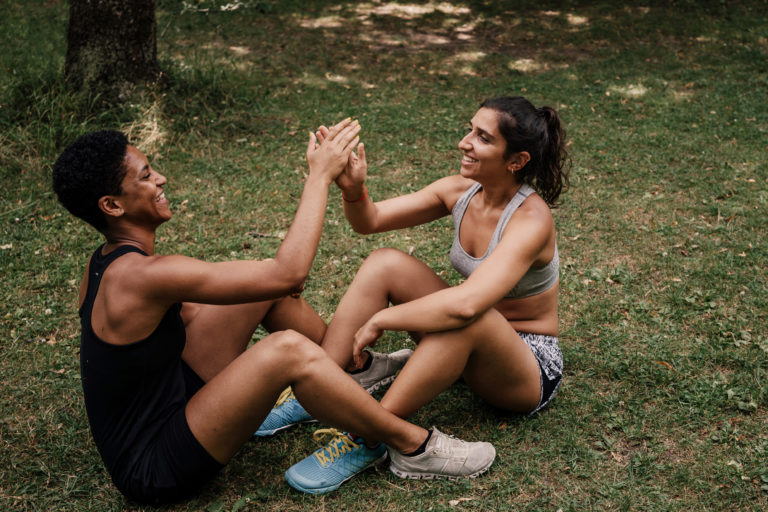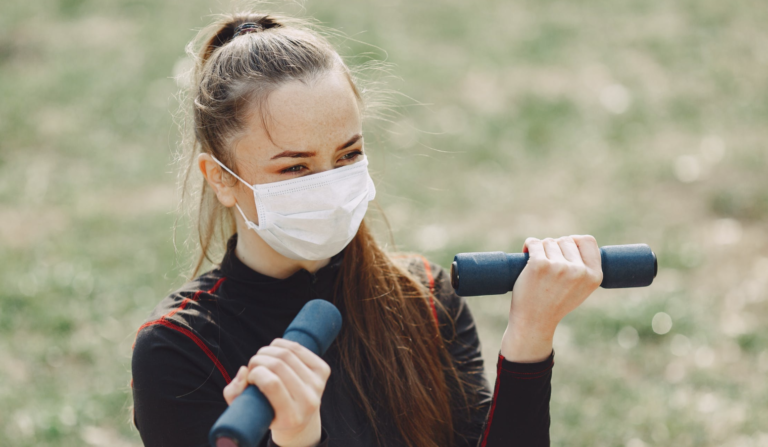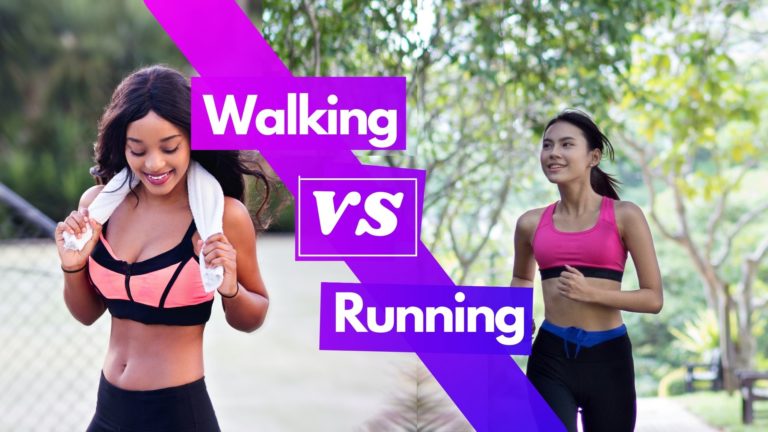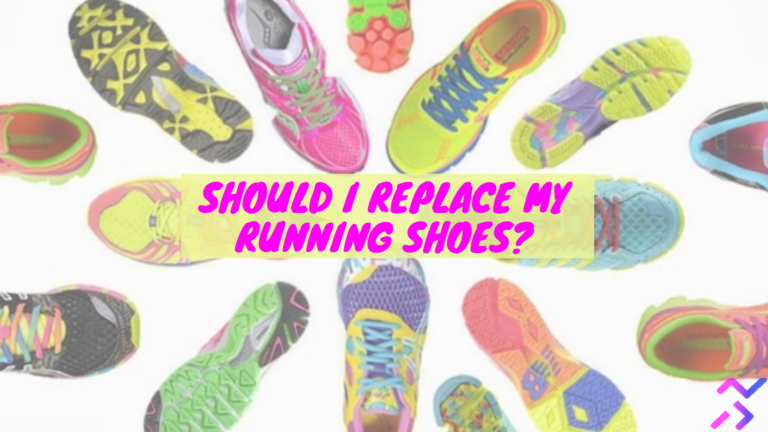Are we a running community that’s Running Towards Racial Equity? It’s easy to not think of when it doesn’t impact you directly right? Picture this:
You’re getting ready for your morning run because it’s gonna be a hot one today. You look at your watch. “Is 5:30am too early still?” You put on a t-shirt. “On second thought, maybe I should wear something brighter.” You put on your hat to keep the rain out of your eyes. “Does the hat send the wrong message? Would people get concerned or find me threatening because they can’t see my face?” You sit down to put on your shoes. “Will everyone in my neighborhood believe that I am simply just going out for a morning run in the rain?”
At this point, you have two choices: stay at home or get out the door.
As a white runner, I might just tell myself to suck it up and stop making excuses (if these thoughts even did cross my mind before heading out the door). For Black runners who may have to deal with these choices (and more), the easier choice may be to stay at home.
So, yes, it may be easy for lifelong runners and “fitness enthusiast” to view people who choose not to run or exercise as being “lazy” or “uneducated” or just “not interested in their health”. Yet, as I am starting to realize, those thoughts come from a place of privilege.
Our decisions to run and stay active, ultimately, can be influenced by conditions that are out of our own control. These are known as Social Determinants of Health and can really hinder overall access to running and fitness.
What are Social Determinants of Health?
Social determinants of health (SDoH) are defined by the CDC as the “conditions in the places where people live, learn, work, and play [that] affect a wide range of health risks and outcomes.” At some level, we all know that exercise and eating right have an influence on our health. However, access to things like gyms, fresh fruits and veggies at a grocery store, walking paths, and parks may differ based on where you live, your income, local and national policies and regulations, and many more. These are SDoH and, frustratingly, a lot of these are out of our individual control but can have profound impact on our health.
Consider This:
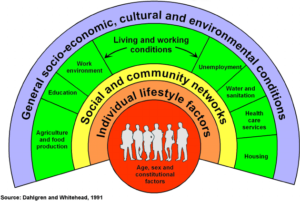
Not everyone has the autonomy to make their own choices. The choices we make are determined by three main factors.
- Family and local community: whether or not they are supportive of our lifestyle choices.
- Current working and overall living conditions: whether we have access to safe walking paths or not.
- Political environment: certain beliefs and attitudes that can shape policies in your local communities.
If these forces are all working against you, then there are many more obstacles for you to overcome in order to run or be active. For our running community to be truly inclusive of all races, genders, and abilities, we need to push for positive changes. These positive changes would be ones that target not just our own attitudes, but the attitudes and opportunities offered at both the local and national levels.
In short: our current social and political system makes it much harder for our fellow Black, Indigenous, and People of Color (BIPOC) community members to partake in safe, accessible exercise. A long-term commitment is needed to affect change.
How are our communities running towards racial equity?
Limited accessibility and participation by BIPOC communities is shown, time and time again, in who participates in races. According to recent stats by Running USA, people who participate in races are more highly educated and bring in significantly more income than the average American. And, according to an article, only 10% of runners identify as African American.
We boast that running is inclusive, but stats on who participates in races contradicts that sentiment. We also state that running is inexpensive and can be done anywhere, if you only have a pair of shoes, so there is little excuse to not #optoutside and #getafterit. But prices of races, running shoes, and good quality gear are just going up.
As a white runner, these problems can reflect a sad reality. For BIPOC, these issues can potentially be the difference between a long and healthy life and a life cut short.
Outside of the running community
Hopefully, this isn’t a new concept to you. Regardless, this probably feels overwhelming. It should. But you can take action now through some of the below ideas:
- Educate Yourself to Identify Your own Biases: Having biases is part of the human condition. Many of these biases are not something we are aware of but that can come across in our daily lives. We can, and should, take steps to become aware and address them. Project Implicit tests can help with this. People have also created some helpful guides to get you started.
- Listen, Listen, Listen, and Elevate: This is very important. Listen to BIPOC individuals in our community and throughout the US and elevate their voices. You can do this through social media, listening to podcasts, reading books, or talking with BIPOC in your community. Don’t dismiss their concerns because they don’t fit your understanding of society.
- Register to Vote and Participate in Local Government: Your community is where you spend the most time; this is where you run, work, walk, shop, etc. So local policies and laws are what affect you the most on a day-to-day basis. Register to vote. Educate yourself on the local issues by listening to BIPOC voices and reading the fine print. Vote for local politicians that you feel (and your BIPOC community feel) best support BIPOC communities and other disadvantaged individuals. Evaluate what is being proposed in your community by asking yourself: is this making strides towards a more equitable community or is it benefiting people who are already at an advantage?
Inside the running community
But how do these actions translate to running? Here is how you can apply the above steps to your running life:
- Running as a group: Understand that, for some, safety may not be a guarantee. Aim to place focus on running in groups to ensure everyone who heads out, comes back to run another day.
- Challenge and Engage your Local Running Store or Groups: Have those hard conversations with people who are involved in organizing group runs or races in your local community. Challenge each other to think about how we can be more welcoming to the BIPOC community.
- Can we diversify our running book selection?
- Are our social media posts catering to White people?
- Do we perpetuate the idea that all you need is discipline/motivation to get out the door?
- How do we promote races in the community and are there ways to increase participation by BIPOC?
- Donate your Time, Money, or Miles: There are many organizations that you can donate to that support Black runners and Black communities to stay healthy. Some of my favorites are Black Girls Run!, Black Men Run, and National Black Marathoners Association. Also, check out virtual (or real) races and runs, like 1 Million Miles for Justice, that donate money and raise awareness for social justice.
I believe that our running community is loving, welcoming, fiercely determined, optimistic, and extremely passionate about what we do; let’s use that to our advantage in the race against racism.
A Call For Action
We challenge you to think critically about the reasons you choose to run. Think about the changes you could make to allow your community a better opportunity for running towards racial equity. Let us commit now not only to our own fitness journey, but to our fellow BIPOC brothers’ and sisters’ so we can all work towards winning our race, our Race2BFit!
